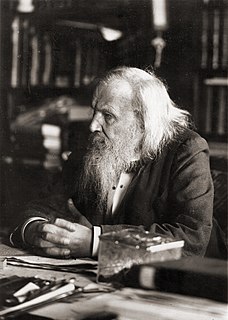A Quote by Muhammad Iqbal
The spirit of philosophy is one of free inquiry. It suspects all authority. Its function is to trace the uncritical assumptions of human thought to their hiding places, and in this pursuit it may finally end in denial or a frank admission of the incapacity of pure reason to reach the ultimate reality.
Related Quotes
Our belief is not a belief. Our principles are not a faith. We do not rely soley upon science and reason, because these are necessary rather than sufficient factors, but we distrust anything that contradicts science or outrages reason. We may differ on many things, but what we respect is free inquiry, openmindedness, and the pursuit of ideas for their own sake.
Whenever a person strives, by the help of dialectic, to start in pursuit of every reality by a simple process of reason, independent of all sensuous information - never flinching, until by an act of the pure intelligence he has grasped the real nature of good - he arrives at the very end of the intellectual world.
Liberty and equality, spontaneity and security, happiness and knowledge, mercy and justice - all these are ultimate human values, sought for themselves alone; yet when they are incompatible, they cannot all be attained, choices must be made, sometimes tragic losses accepted in the pursuit of some preferred ultimate end.
The aim of human life is to know thyself. Think for yourself. Question authority. Think with your friends. Create, create new realities. Philosophy is a team sport. Philosophy is the ultimate, the ultimate aphrodisiac pleasure. Learning how to operate your brain, learning how to operate your mind, learning how to redesign chaos
The demands of our reality function require that we adapt to reality, that we constitute ourselves as a reality and that we manufacture works which are realities. But doesn't reverie, by its very essence, liberate us from the reality function? From the moment it is considered in all its simplicity, it is perfectly evident that reverie bears witness to a normal useful irreality function which keeps the human psyche on the fringe of all the brutality of a hostile and foreign non-self.
Reason and free inquiry are the only effective agents against error. Give a loose to them, they will support the true religion by bringing every false one to their tribunal, to the test of their investigation. They are the natural enemies of error and error only. Had not the Roman government permitted free inquiry, Christianity could never have been introduced. Had not free inquiry been indulged at the era of the Reformation, the corruption of Christianity could not have been purged away.
Reason has never really directed social reality, but now reason has been so thoroughly purged of any specific trend or preference that it has finally renounced even the task of passing judgment on man's actions and way of life. Reason has turned them over for ultimate sanction to the conflicting interests to which our world actually seems abandoned.







































